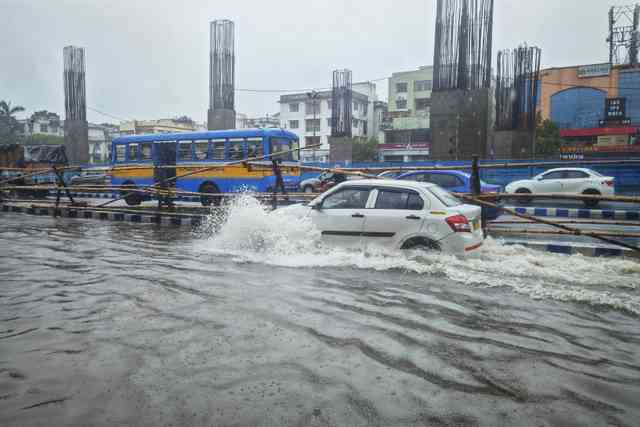
Challenge
Building Resilience to High-frequency, Low-level Flooding to Safeguard Public Health
Applied Ethics Strategies:
Valuing Small DecisionsIntroduction
An important economic and educational hub in the Northern Indian province of Uttar Pradesh is experiencing a range of hydrometeorological hazards. Therefore, a local NGO was tasked by an international donor to enhance the climate resilience of the city. After undertaking a range of assessments and fact-finding exercises, the NGO decided to focus on the issue of water-logging as an entry point. This form of high-frequency, low-level flooding leads to severe disruption of lives and livelihoods, creating major public health challenges.
How could applied ethics address this challenge?
The NGO identified water-logging as an issue that was not attracting sufficient political attention despite its impact on low-income communities and chose it as a foundation for building urban resilience. The fact that an organization was finally tackling an issue that was so important to people, but had long been ignored, led to community members actively engaging with the process that began with a discussion on several everyday issues such as the functioning of local water supply, drainage, and waste management systems. It then progressed onto a discussion of political and municipal accountability and culminated in the formation of citizens committees. These committees demanded accountability from decision makers for tackling the issue of water-logging and over a period of five years led to the investment of municipal funds in solving the problem sustainably. Throughout most of the process, the NGO actively avoided framing issues in the context of “climate change” but limited the discussion to small, achievable changes that delivered an outsized impact on the lives of the city’s most vulnerable citizens.
Questions to consider
How can NGOs prepare theories of change that use minor changes as an entry point to deliver substantial impacts?
What are the ways in which intractable problems such as climate change can be addressed through a series of small decisions?
What implementation challenges are you aware of where applied ethics strategies could help?
Submit a challenge
Sorry, your browser doesn’t supported our embedded forms. Please use this submission form instead.